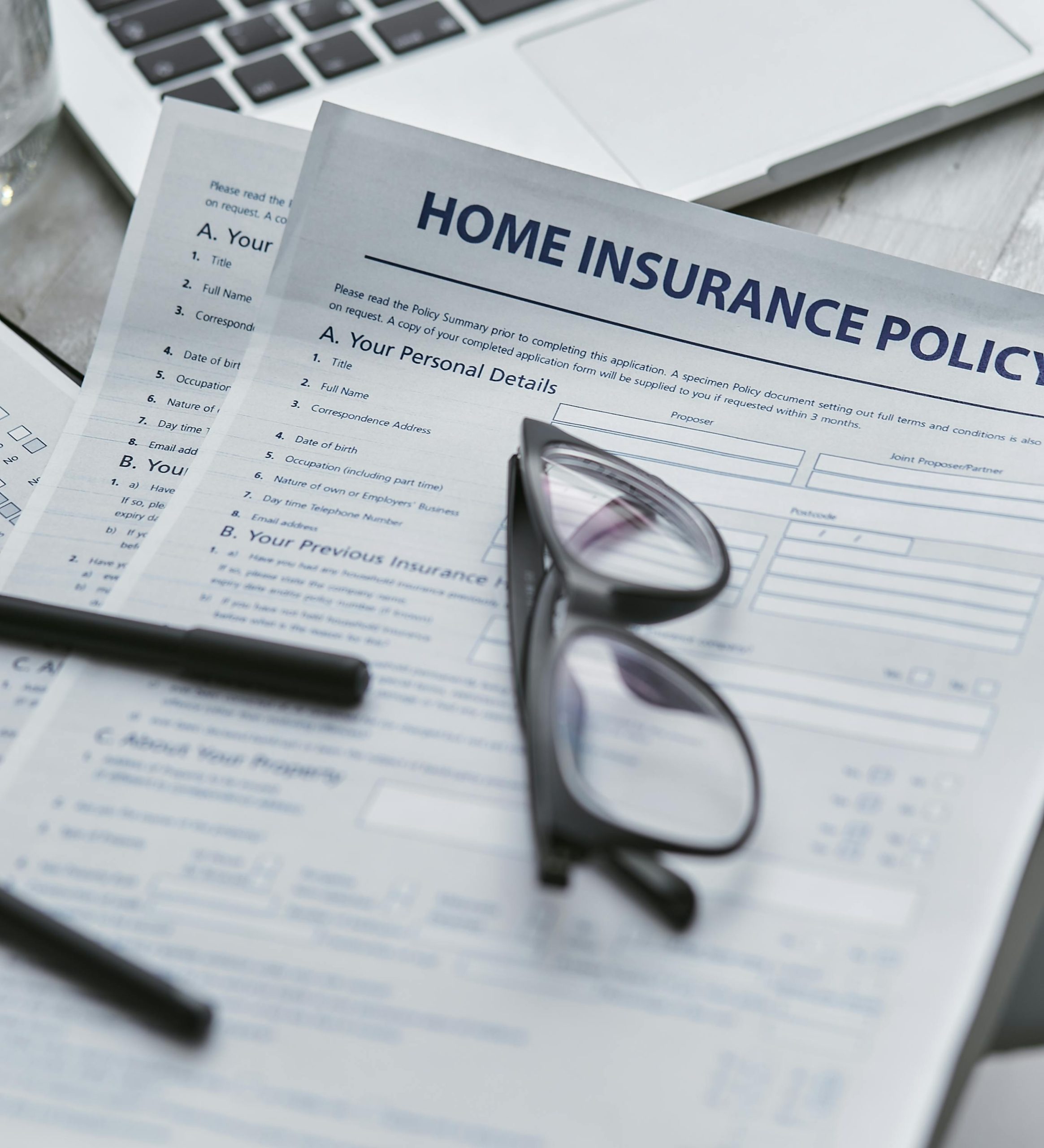Understanding Unexpected Insurance Refund Requests: What Homeowners Should Know
As a new homeowner, navigating the intricacies of mortgage and insurance payments can be overwhelming, especially when unexpected communications arise. Recently, some homeowners have reported receiving unsolicited calls from entities claiming to handle escrow payments or insurance refunds, which can raise concerns about legitimacy and safety.
A Recent Experience: An Unsolicited Call About Insurance Escrow
One homeowner shared their recent experience: they received a call from a number associated with “MyCoverageInfo,” claiming that a midterm insurance payment had been issued from their escrow account. The caller explained that after reviewing the account, they noticed that insurance payments had already been settled at closing. According to the message, a refund check was on its way, and the homeowner was instructed to forward this check to their office, including their loan number for processing.
Interestingly, the caller mentioned a connection to Bank of America, which added a layer of familiarity—but the homeowner clarified they hadn’t received any direct communication from Bank of America or their insurance agent. The caller left a contact number, but with the call coming late at night, the homeowner decided to hold off on calling back until they could verify the legitimacy of the request.
Important Tips for Homeowners Facing Similar Situations
-
Stay Calm and Verify: If you receive unexpected calls about your escrow or insurance refunds, avoid rushing into actions. Take time to verify the source.
-
Contact Your Insurance and Mortgage Providers Directly: Use official contact information from your insurance policy or mortgage statements—do not rely on contact details provided during unsolicited calls.
-
Be Cautious with Personal and Financial Information: Never share your personal details, loan numbers, or banking information over the phone unless you are certain of the recipient’s identity.
-
Look Out for Red Flags: Unsolicited calls that demand immediate action, ask for checks to be forwarded, or threaten consequences should be treated with suspicion.
-
Report Suspicious Contact: If you believe the call is fraudulent, report it to relevant authorities such as the Federal Trade Commission (FTC) or your state’s consumer protection agency.
Final Thoughts
While it’s common for mortgage and insurance companies to communicate about escrow payments, alerts from unknown entities claiming to handle refunds should be approached with caution. Always verify through trusted sources and consult directly with your mortgage or insurance provider before taking any action. Staying vigilant helps protect your financial well-being and



